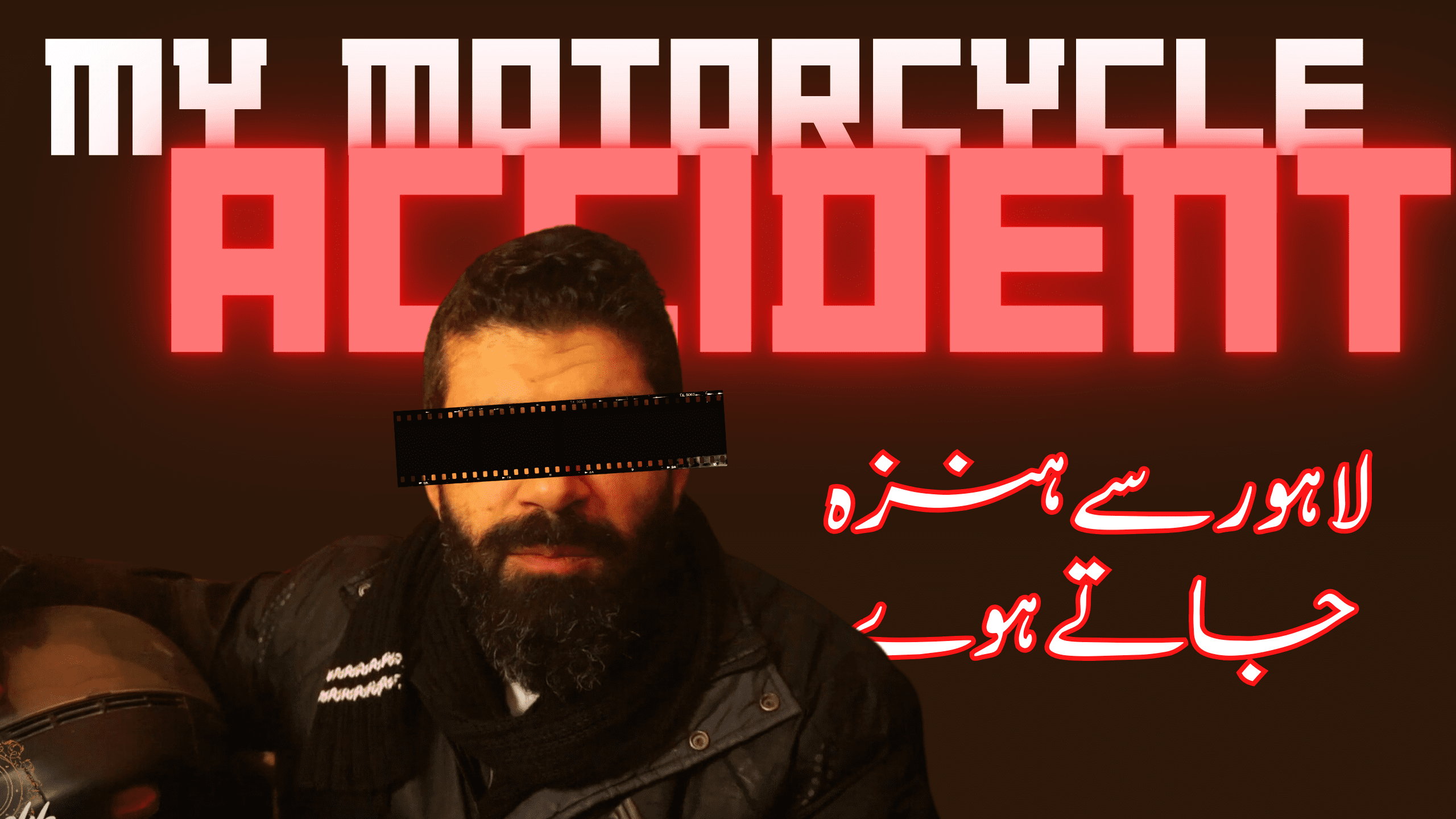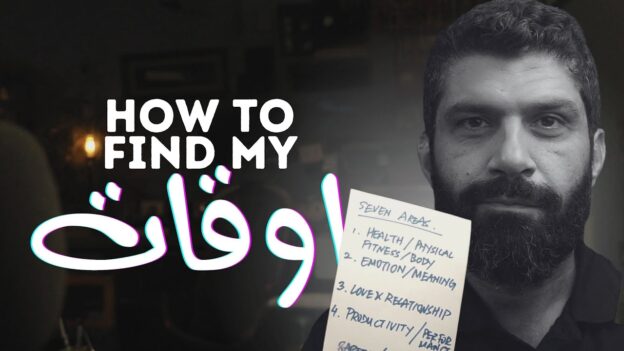You want to improve, yes? These three steps will help you improve faster than you ever did before. Why? Because you are already doing the first step.
You are reading this because you want to improve, right?
This means you know there are things in your life that need work. This sounds obvious. But, therein lies an essential step.
That’s the first step of knowing that you don’t know. Let’s see the three steps you need to take to rapid self improvement.
- Know That You Don’t Know
- Take Ownership
- Take on a New Identity (critical to self improvement)
Let us quickly go through these three steps so you take on that all-important identity.
Step 1: Know that You Don’t Know
You won’t improve unless you know you can improve. You know you ain’t all that, so you must try and be better. That’s simple, yes. But it is absolutely essential that you realize this.
If a person thinks they already know, will that person ever try to know? They won’t, almost by definition. If you are absolutely confident internally that you know, then why on earth would you ever have the need to know? You won’t. That’s why most of the time, we don’t seek knowledge: because we think we have this figured out.
And that’s why you watch YouTube videos on self improvement but you never take notes. Why? Because you were “entertaining” yourself, not “educating” yourself. There was no clear intention of learning to do. It was only learning to pass time and “feel good’ about “learning something”. Tell me I’m right, aren’t I?
To grow, you must do things you haven’t done before. To do things you haven’t done before, you need to learn things you haven’t learnt before. To learn, you need to know that you don’t know.
Humility becomes the most essential element of self improvement. The next step is ownership.
Step 2: Take Ownership
“I havent started my business yet, because I don’t have the money to start.”
Well then, start a business that doesn’t require money to start.
This answer comes when you want to take ownership and not find reasons for your own lack of actions.
Whatever has happened to you in your life, it is exclusively on you to improve that. And that makes sense: it is your life, and your actions can – and inshAllah will – improve your life. Simple, right?
I mean, we really don’t expect someone else to do this type of work.
But then we wait for the “market” to correct itself before we can start our business? It’s surely the market’s fault that people aren’t buying your products.
Also, you’re overweight because of genetics. “Oh I get fat only by sniffing anything cooked in oil”. And of course, it’s the tasty food in your culture that makes you overeat. Sure, it’s the culture’s fault.
So he agrees only he can change himself. But he also believes that “others” are not letting him. So what do we do? We take ownership of the situation itself.
“The market is bad, so I am launching a new product instead of waiting for my existing one to sell”
“I have bad genetics so it means I need to work harder”
You’re Simply Not Allowed To Blame Anyone Else
Taking ownership means that you can not blame anyone else for the situation you’re in. You don’t blame anyone else because it won’t help you make the changes you need to make.
Finding who’s at fault, that does not help as much when it comes to self improvement. That’s why traditional counseling often doesn’t work: they first try to find who’s to blame.
“Think of yourself as dead, you have lived your life. Now take what’s left and live it properly”
I remember Junaid Jamshed’s video lectures where he would remind us that when we point a finger at someone, three fingers are pointing back at us.
“But I had a very rough childhood,” you can say.
“Easy for you to say this, your father didn’t divorce your mother and you grew up seeing your mother go through so much pain and suffering…”
OK stop it. No one is saying you’ve had it easy. No one is saying that other people were not at fault. All I am suggesting is that you only pay attention to what you can control.
So armed with humility and responsibility to act, you take the third step: you become a Doer.
Step 3: Become “The Doer”
In Urdu I call this being a karu. Someone who just does!
عمل سے زندگی بنتی ہے، جنت بھی جہنم بھی
The above verse is Allama Iqbal’s, and I find it amusing that a person known for his “ilm” stresses the importance of “amal”.
A lazy person asks, “what should I do?” because although he knows what to do, he wants to “learn” more. He uses excuses like “I want this to be perfect” and “one must know what to do before doing it, right?”
The lazy person misses the point: it is all about action takers. The world belongs to the bold. Doesn’t matter if their action is perfect or riddled with mistakes, doesn’t even matter if their action was right or wrong. Action supersedes all forms of knowledge.
“Knowledge is power” is a lie. Knowledge is “potential” power. Power lies, all of it, in action.
So the Doer approaches learning and knowledge in the following manner:
“I have done XYZ. Now I want to do it better, how can I?”
Then they get the next set of “instructions” from a book, a teacher, a course whatever… and then again they execute. Because in their mind, they are a “Doer”. They are a “karu”. So of course, that’s what they do.
Their whole intention of getting knowledge is to improve their actions next time around. They don’t want knowledge just for the sake of knowledge. They want knowledge for the sake of action. And if you feel that you are in an action-mindset, I invite you to discover the Structure of Success so that you can apply that in your life. Why? So you can improve your actions, so you get better.
So to recap: you tell yourself you don’t know, so you can grow. Then you take ownership of your current situation with the intention of DOING something about it. And then you remind yourself that you are a Doer.
There are lot of other things that will come along. But this decision is how you get on the motorway of self improvement. And once you are on the highway, all you gotta do is keep going. #Bismilla.



